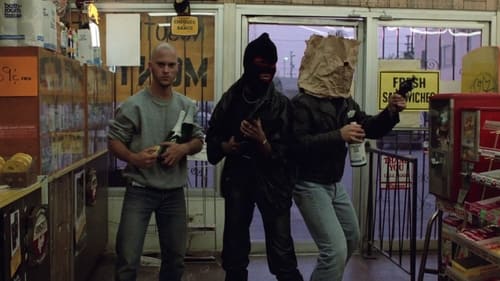Monona Wali
出生 : 1955-08-03, Benares, India
略歴
Monona Wali is a short story writer and novelist, and an award-winning documentary filmmaker and screenwriter. Her stories have been published in The Santa Monica Review, Stone Canoe, Tiferet, Catamaran, A Journal of South Asian American Literature and other literary journals. She was born in Benares, India, and immigrated to the United States with her family as a young child. She has two grown daughters, Kanchan and Maya Wali-Richardson. She lives in Los Angeles, California, and teaches creative writing at Santa Monica College and volunteers with InsideOut Writers, an organization that offers writing classes for incarcerated youth.

